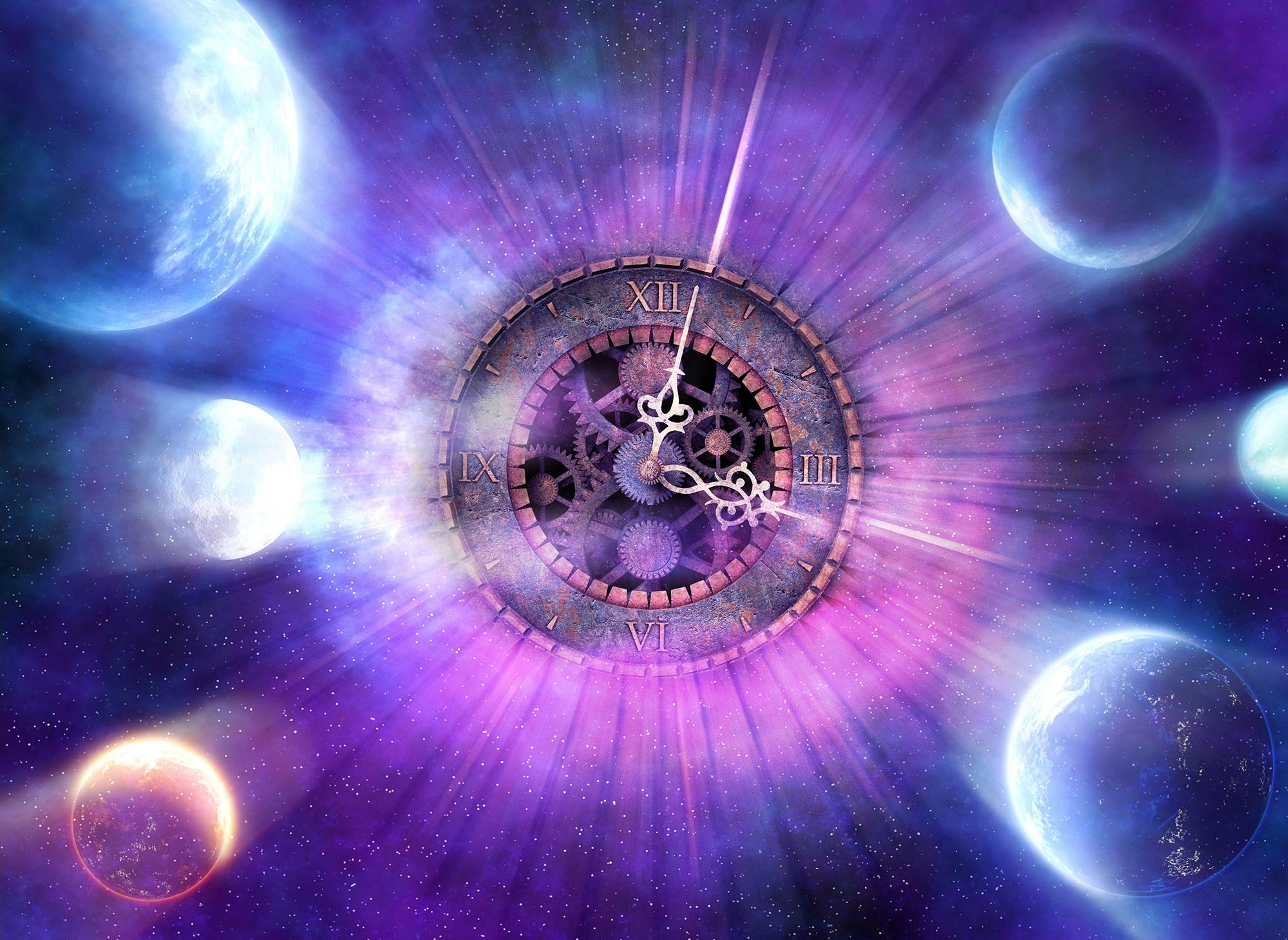
Skąd wiemy, że czas istnieje?
Całe nasze życie jest regulowane przez zegary, ale to, co mierzą, jest mniej pewne. Skąd możemy być pewni, że naprawdę nadszedł czas? Czas porozmawiać z ekspertem Kazuyą Koyamą.
Budzik włącza się rano. Jedziesz porannym pociągiem do biura. Zrób sobie przerwę na lunch. Łapiesz swój wieczorny pociąg z powrotem. Idziesz na godzinę. jeść obiad. iść do łóżka. powtarza. Świętuje się urodziny, odnotowuje się rocznice i upamiętnia zgony. Rodzą się nowe narody, powstają imperia.
Cała ludzka egzystencja związana jest z upływem czasu. Jednak nie możemy go zobaczyć ani dotknąć. Skąd więc wiemy, że rzeczywiście istnieje?
Koyama zaczyna: „W fizyce mamy to, co nazywamy pojęciem „czasu absolutnego”, który jest używany do opisywania różnych zmian jako serii wydarzeń”. „Korzystamy z fizyki Newtona, aby opisać, jak rzeczy się poruszają, a czas jest tego istotnym składnikiem”. Koyama jest profesorem kosmologii w Instytucie Kosmologii i Grawitacji w[{” attribute=””>University of Portsmouth.
To this day, classic Newtonian thought on time – where time is constant throughout the universe – is still a good approximation of how humans experience time in their daily lives. We all experience time in the same way and we all synchronize our clocks in the same way, no matter where we are in the world, whether that be London, Tokyo, New York, or Buenos Aires.
There’s no time without space
Physicists though have discovered that time can actually behave differently and is not as consistent as Newton thought.
“When we speak of time, we need to think of space as well – they come in a package together,” Koyama says. “We cannot disconnect the two, and the way that an object moves through space determines how it experiences time.”
In short, the time you experience depends on your velocity through space as the observer. This works as outlined through Einstein’s special relativity, a theory of how speed impacts mass, time, and space. Additionally, according to Einstein’s general theory of relativity, the gravity of a massive object can impact how quickly time passes. Many experiments have been undertaken that have since proven this to be true.
Physicists have even found that black holes warp the immediate space-time around them due to their immense gravitational fields. Supported by the European Research Council, Koyama continues to investigate this theory.
“A good, solid example to get your head around all of this is to look at how we use GPS,” Koyama continues. “GPS works due to a network of satellites orbiting the Earth. They’re placed at a very high altitude and thus the gravity they experience is weaker. Therefore, time should actually go faster for them than it does for us on the ground, where we experience higher gravity. But because the satellites are traveling at very high speeds around the planet, this in effect helps to slow time down, compensating for the lack of gravity.”
Understanding how these two effects work and influence each other is essential for ensuring that the global GPS network functions correctly. And a crucial ingredient in this is a consistent theory of time that explains how objects move. So clocks aren’t telling us falsehoods: time indeed exists outside of our own perception.
Could we ever go backward in time?
Finally, the question of whether time travel could one day be possible had to be put before Koyama. As a professor of cosmology at the University of Portsmouth, he is best placed to tell us the truth.
“I’m sorry to disappoint you but for time travel to be possible, we would need to discover a completely new type of matter that has the power to change the curvature of time and space,” Koyama says. “Such matter would require properties that simply do not exist in nature. We physicists strongly believe that going back to the past is simply impossible – but it’s nice to fantasize about it.”
Click here to find out more about Koyama’s research: Challenging the general theory of relativity




